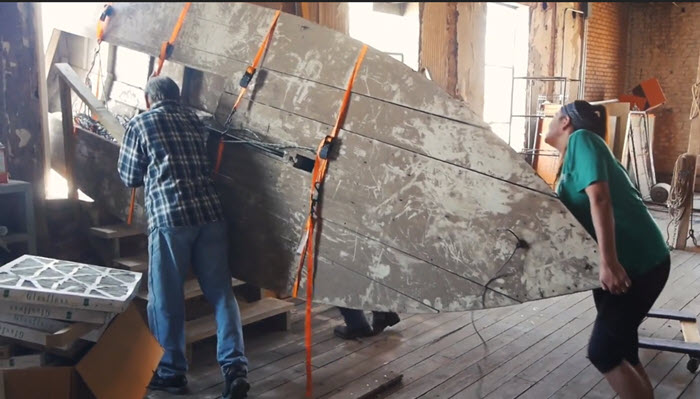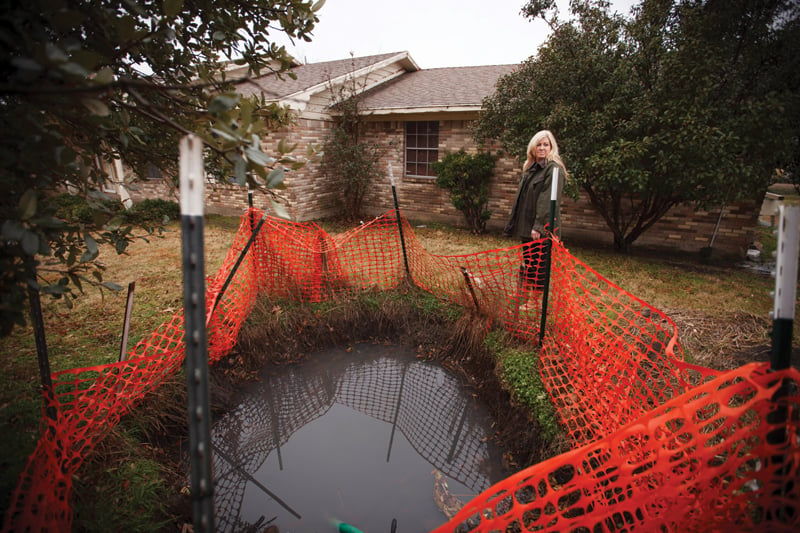
- Select a language for the TTS:
- UK English Female
- UK English Male
- US English Female
- US English Male
- Australian Female
- Australian Male
- Language selected: (auto detect) - EN
Play all audios:
Jerusalem is once again in the eye of the storm. Violence has been flaring up throughout Ramadan, culminating in clashes between police and Palestinian militants on Temple Mount, including
the al-Aqsa Mosque. This week, mob violence has spread across Israel, stoked by Hamas raining down rockets on Tel Aviv. The Israel Defence Force (IDF) has retaliated sharply against Gaza.
The death toll is rising and a third intifada looms. Such an uprising would achieve nothing for Palestinians, but would prevent peace breaking out between Israel and moderate Arab states.
Predictably, Israel is going through another bout of hostile media coverage. Inevitably, given that the main Hamas tactic is to place civilians in harm’s way, the casualties on both sides
are unequal. This unavoidable disparity is seen as “disproportionate” by the BBC and other Western broadcasters. In reality the IDF has acted with admirable precision and considerable
restraint, given the circumstances. When US, British or other Western forces have seen action in the Muslim world, they have seldom taken as much trouble to minimise civilian casualties as
the IDF. But when Hamas command centres are demolished by carefully targeted Israeli weapons, while the Iron Dome intercepts the vast majority of unguided Iranian-supplied missiles, all that
the Western spectator sees is a block of flats collapsing in Gaza City, followed by images of weeping families. The military technology has never been so precise, but the propaganda impact
of such carnage is a blunt instrument. In part, this is a crisis which Israel should have seen coming. Ramadan, which ends with the festival of Eid today and tomorrow, is always a dangerous
time in the Jewish State. True, the behaviour of Palestinians on the Noble Sanctuary (where the Dome of the Rock and al-Aqsa are situated) was outrageous. Hurling rocks down from the
platform onto Jewish worshippers at the Western Wall, the only surviving part of the Temple, was a deliberate provocation which could not be tolerated. But the Israeli police overreacted by
storming the mosque, even though it was allegedly being used as an arsenal. The images of this violation of Sunni Islam’s third holiest site will circulate on social media long after the
violence has died down. They will provide ammunition for those who spread lies online about imaginary Jewish threats to the mosque. “Al-Aqsa” has become a potent rallying cry not just for
Palestinians but for many of the world’s 1.8 billion Muslims. From a British perspective, Israel deserves sympathy rather than obloquy. This country would never have endured the bombardment
of its cities by a hostile neighbour. Nor is it fair to say that Israel practises apartheid or other institutional forms of discrimination against its Arab citizens. The latter are the most
fortunate Palestinians in the Middle East, enjoying civil rights and living standards of which those in the West Bank, Gaza or in other neighbouring states can only dream. Their holy places
are better protected than in either Arab or other Muslim countries. Jerusalem has never been more prosperous than it is as the undivided capital of Israel. Yet the speed with which normally
good relations between Jewish and Arab Israelis have broken down shows that the status quo is not sustainable in the long run. Benjamin Netanyahu has been Prime Minister for the past twelve
years — years during which Israel has grown in power and prestige to unprecedented heights. Yet “Bibi” has never made full use of his strength to bring about a settlement, having concluded
from the failure of his predecessors that any concessions would be interpreted as weakness. As the Israeli public has lost patience with the “peace process”, so the room for manoeuvre has
narrowed. Any initiative is fraught with risk. The vultures are always hovering above. Yet risks must be contemplated if periodic outbreaks of violence are not merely to be contained but
prevented. The Palestinian problem remains unsolved, but that does not mean it is insoluble. It is the task of the next Israeli government to defuse the simmering conflict. A new
centre-Right coalition, supported by one of the Arab parties, was in the making before the crisis interrupted negotiations. Despite his age and his legal entanglements, Netanyahu won’t
easily relinquish office. He knows he cannot govern forever and Israelis may be ready for a change, but Prime Minister is seen as a safe port in a storm. Many Israelis will applaud
Netanyahu’s grim warning to Hamas terrorists: “Their blood is forfeit.” There is, though, altogether too much talk of blood in the Middle East. Iran’s Supreme Leader, Ayatollah Ali Khamenei,
has praised the “pure blood of resistance” in Palestinian veins. The only winners from this conflict are the Iranians, the arsonists of the Middle East. Israel is determined to deny Iran
nuclear weapons at any price. Yet it cannot afford to jeopardise the support of the Biden Administration, which is now negotiating with Tehran. The best hope for Israel is to keep its own
house in order and avoid escalation. If at all possible, an intifada must be avoided. It has no justification. Could the unthinkable happen and Benjamin Netanyahu talk directly to Mahmoud
Abbas? The Palestinians have no other interlocutor. What will be achieved by more bloodshed? One of the great achievements of the Mosaic law, summarised in the Ten Commandments, was to put
an end to blood feuds. “Thou shalt not kill” is an unanswerable argument against those who preach death to all Jews. It is, however, necessary for both sides to abide by it. Now is the time
for Bibi to take a risk for peace — even if it is the last thing he does as Prime Minister. Palestinian rage is not Israel’s fault, but ending the crisis is Israel’s responsibility. A
MESSAGE FROM THEARTICLE _We are the only publication that’s committed to covering every angle. We have an important contribution to make, one that’s needed now more than ever, and we need
your help to continue publishing throughout the pandemic. So please, make a donation._








